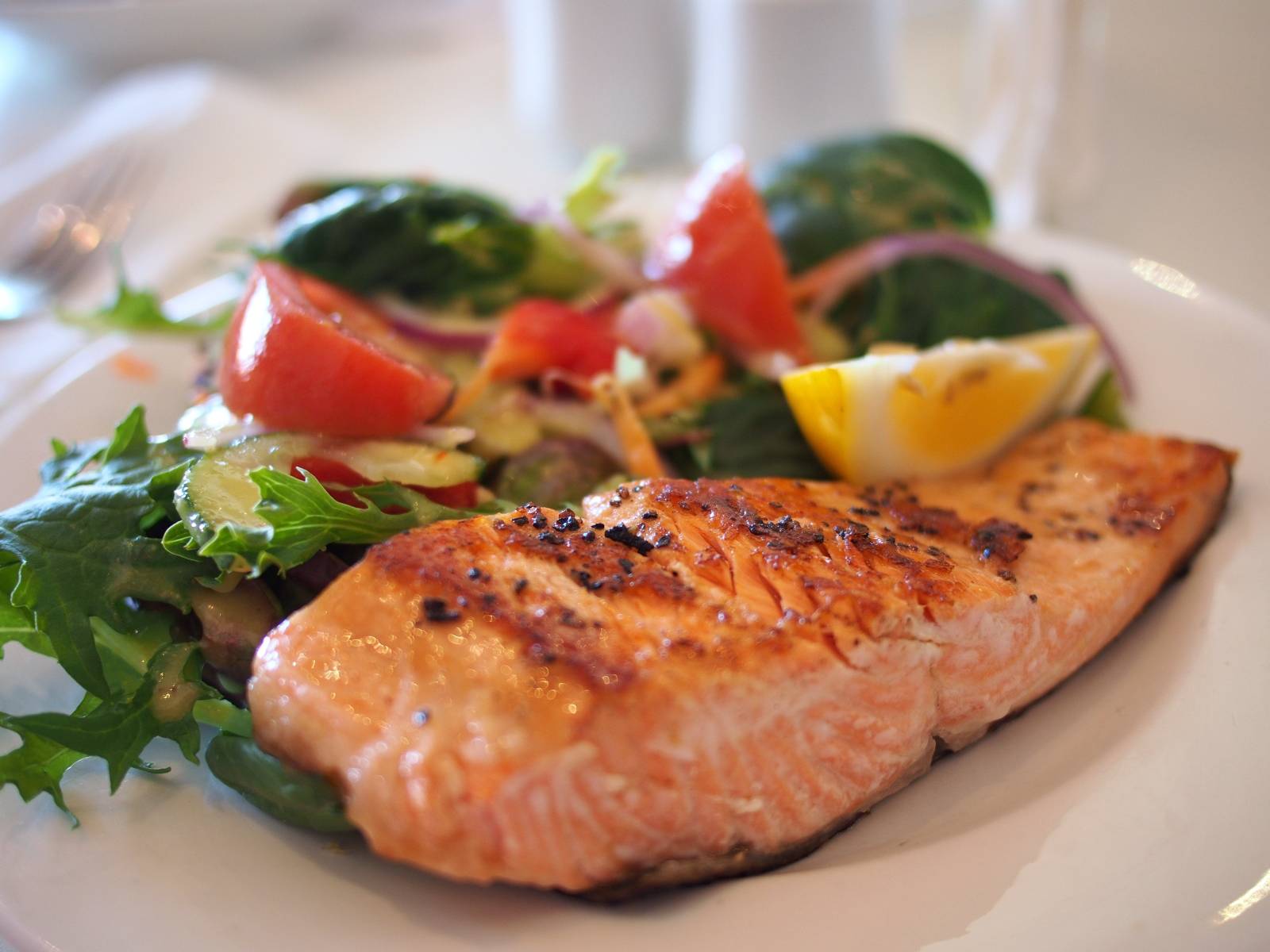Diet is an essential factor if you pay attention to your health and your physique. Some estimate that this represents 70 to 80% of the results. It's quite difficult to estimate but what is certain is that sports training, as intense as it is, will not be able to surpass a bad diet. Training hard and on a regular basis with a lot of motivation is a good thing. But it must be accompanied by a good diet if you want to progress and evolve physically.
Here are 4 tips on the basics of nutrition to help you put together an effective nutrition plan and plan.
We must know what we eat, what our food contains and add them to each other. The energy balance is what will determine the evolution of your weight. If you have a specific goal of muscle gain, weight maintenance or weight loss you need to regulate your energy balance according to that goal.
Every day you spend a certain amount of energy through your basic metabolism and your activities. In parallel you consume a certain amount of calories through your diet. You need to find the right balance for your purpose. I recommend you to count your food intake, both total caloric intake but also macronutrients. This way you will be aware of what you are doing and know exactly what your needs are and how your body reacts. This will allow you to make changes along the way when necessary.
Proteins are the blocks that allow recovery and muscle building. If you do not consume enough protein, you do not optimize your ability to recover and progress. By protein intake, it is obviously proteins provided by the entire diet, all sources combined. Of course, I do not just talk about protein powder, because people often make amalgam. Protein powder is a source like any other, just like chicken and eggs. What matters is the total daily intake.
Foods that contain a good amount of protein are numerous. There are, of course, sources of animal protein with white meat, red meat and eggs. But you will also find good amounts of protein in legumes, quinoa, nuts .. Feel free to check out our listing of protein rich foods for a more complete list.
Foods that provide only simple sugars and saturated fats are considered empty calorie. Indeed, in addition to the macronutrients provided (carbohydrates and lipids), there is no intake of micronutrients (vitamins, minerals) which are nevertheless essential for the body. In comparison, the consumption of fruit for example will bring you both carbohydrates but also a significant amount of fiber, vitamins and antioxidants.
Concentrate on full, unprocessed products, which are generally richer in micronutrients. Fruits and vegetables must be present every day in your diet. It is the insurance to satisfy a large part of your needs in vitamins and minerals. Also target unsaturated fats by eating fatty fish and vegetable oils (eg linseed oil, olive oil etc.).
It makes things easier!
Nothing better to know what you eat than to eat yourself. Weigh the portions and calculate the energy intake of your meals. Avoid cooking with oil or butter, stay on healthy and diversified dishes. With the habit and knowledge of food composition, this step will be more and more simple and fast. The calculations will be done automatically in your head and you can even estimate fairly accurately what you eat, without leaving your calculator and without using a table of food. One of the sections is also a guide to learn how to count easily. To accompany you in your task, especially at the beginning there are however applications like Myfitnesspal which is free and allows you to enter each meal and self-regulate easily.




